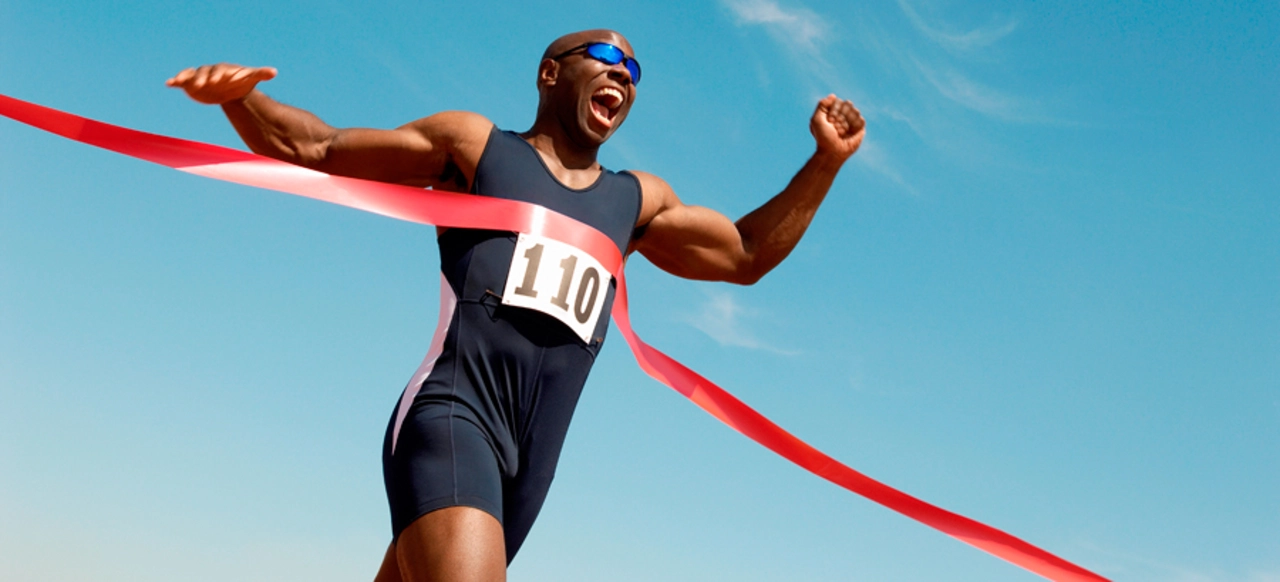Are Olympic athletes professional in reality?

- May, 6 2023
- Caden Fitzroy
- 0 Comments
Defining a Professional Athlete
In order to answer the question of whether Olympic athletes are truly professional or not, it's essential to first understand the definition of a professional athlete. A professional athlete is someone who gets paid to compete and perform in their chosen sport. This means that they have sponsors, endorsements, and contracts that provide them with a salary to support themselves while they train and compete. They also typically have a team of coaches, trainers, and other support staff to help them reach their full potential.
So, are Olympic athletes professional? The simple answer is yes and no. Some Olympic athletes are professional, while others remain amateurs, competing for the love of the sport and the honor of representing their country. Let's take a deeper look into the different aspects that make an athlete professional or amateur and how it applies to Olympians.
The Evolution of Olympic Amateurism
In the early days of the Olympic Games, only amateur athletes were allowed to compete. This was because the founders of the modern Olympics believed that true sportsmanship could only be achieved when athletes were not motivated by financial gain. To protect this ideal, strict rules were put in place to prevent professionals from participating in the Games.
However, as time went on, it became increasingly difficult to maintain the strict definition of amateurism. Many top athletes in various sports were receiving some form of financial support to train and compete, blurring the line between amateur and professional. This led to a gradual relaxation of the amateurism rules, allowing for more and more athletes with professional backgrounds to participate in the Olympics.
Today, the vast majority of Olympic sports allow professional athletes to compete. However, there are still a few sports, such as boxing and wrestling, that have stricter rules about professionalism. In these cases, athletes must maintain their amateur status to be eligible for the Olympics.
Financial Support for Olympic Athletes
One of the main factors that differentiate professional athletes from amateurs is the level of financial support they receive. Professional athletes typically have contracts with sponsors, endorsements, and even salaries from their sports federations, allowing them to focus full-time on their athletic careers. In contrast, amateur athletes often have to juggle their training with work or school commitments, relying on their own resources or limited funding from sports organizations.
Olympic athletes, regardless of whether they are considered professional or not, often struggle to find adequate financial support. Although some elite Olympic athletes may have lucrative sponsorship deals or professional contracts, many others rely on government funding, crowdfunding, or even their own personal savings to finance their training and competition expenses. This financial instability can make it challenging for some athletes to reach their full potential in their chosen sports.
Training and Coaching for Olympic Athletes
Another factor that influences an athlete's professional status is the quality and intensity of their training and coaching. Professional athletes often have access to world-class coaching, state-of-the-art training facilities, and a team of support staff, including nutritionists, sports psychologists, and physiotherapists. This level of support allows them to push their physical limits and maximize their performance in competition.
Olympic athletes also require high-quality training and coaching to compete at the highest level. However, the level of support they receive can vary greatly depending on their country's investment in sports and the resources available to them. Some Olympic athletes may have access to professional-level training and coaching, while others may have to make do with more limited resources.
Striving for Excellence: The True Spirit of Olympism
Ultimately, whether an Olympic athlete is considered a professional or not may be less important than their commitment to the Olympic values of excellence, friendship, and respect. Olympians are often seen as role models and ambassadors for their countries, representing the highest ideals of sportsmanship and fair play.
While professional athletes may have more resources at their disposal, all Olympic athletes share a common goal: to push themselves to their limits and strive for excellence in their chosen sports. In this sense, the true spirit of Olympism transcends the distinction between professional and amateur, uniting athletes of all backgrounds in the pursuit of their dreams.
Write a comment